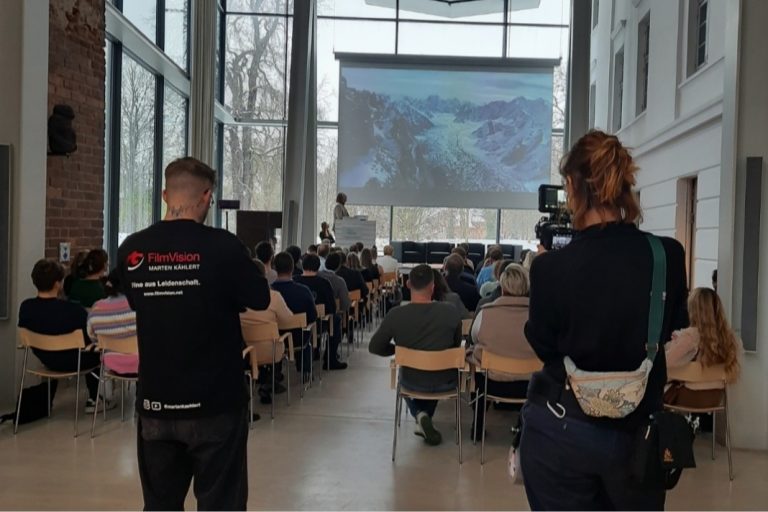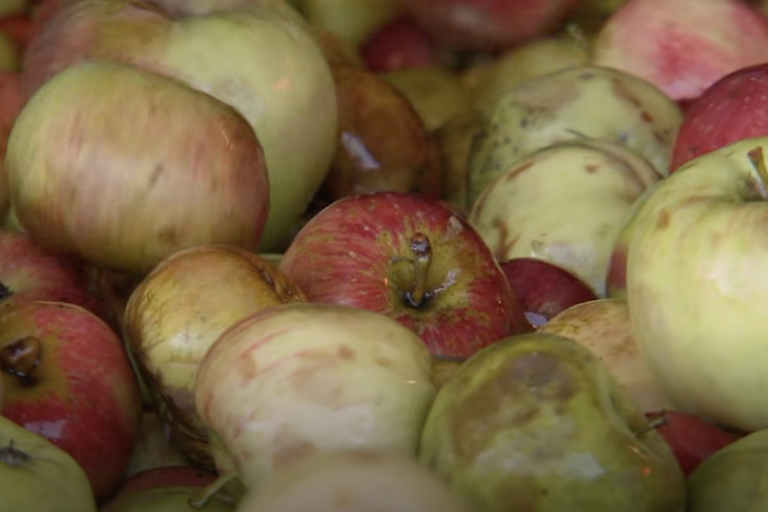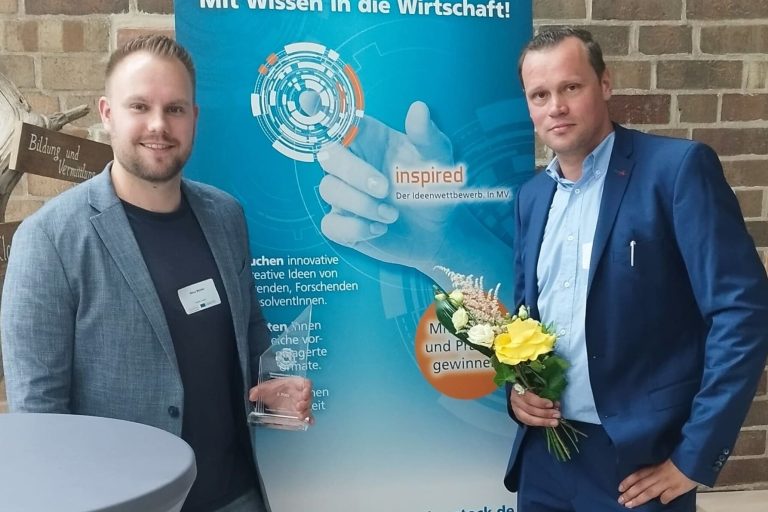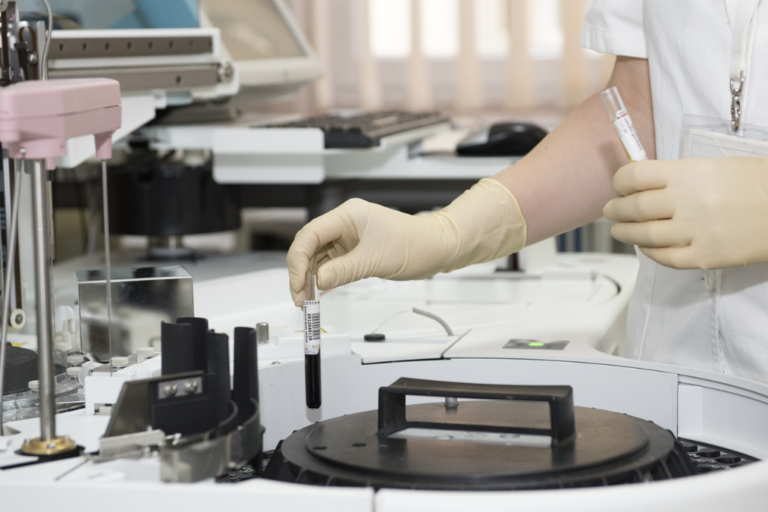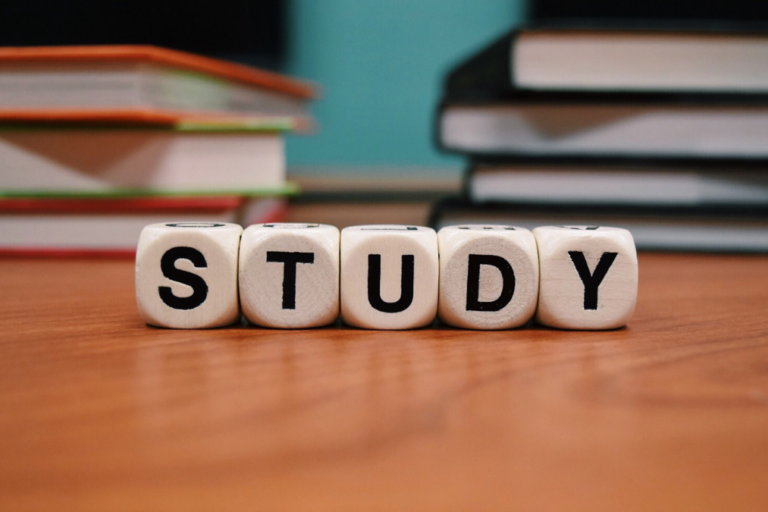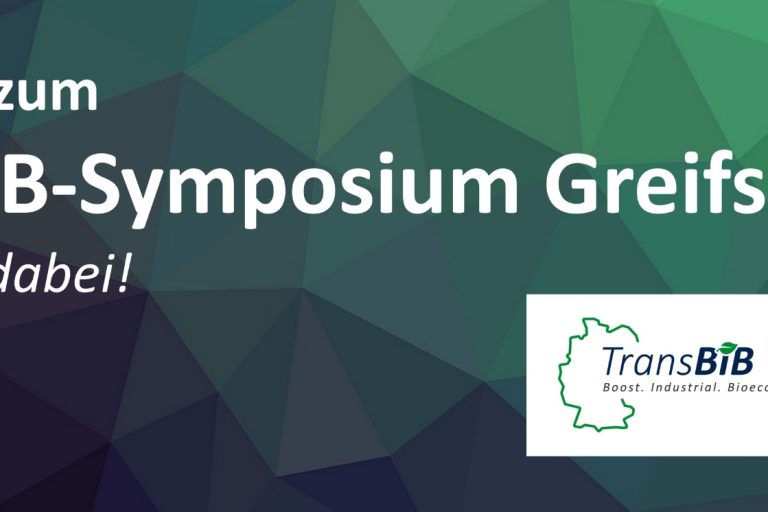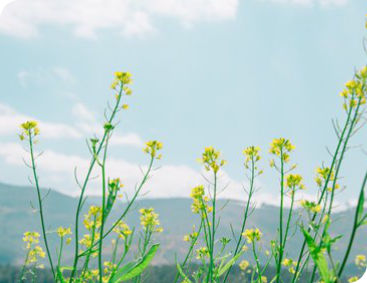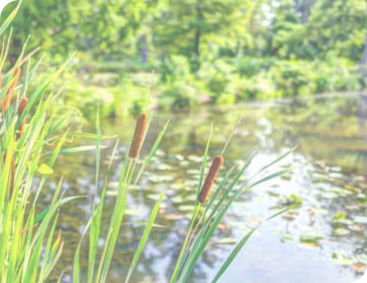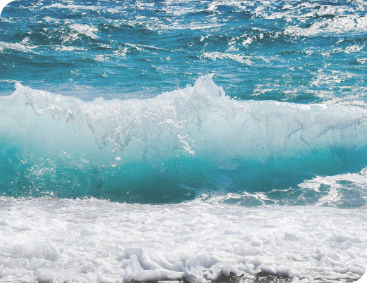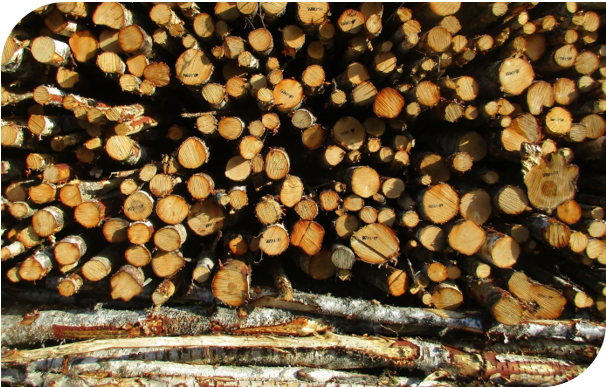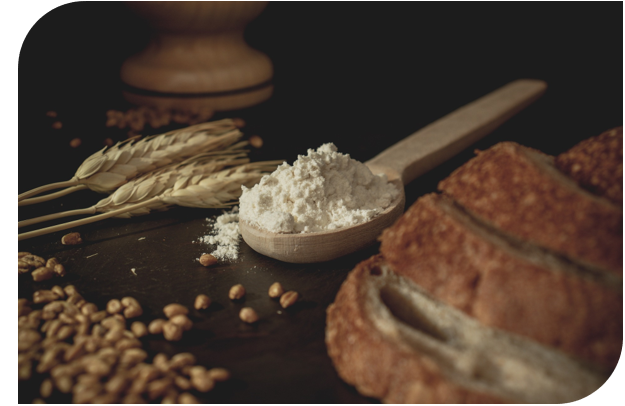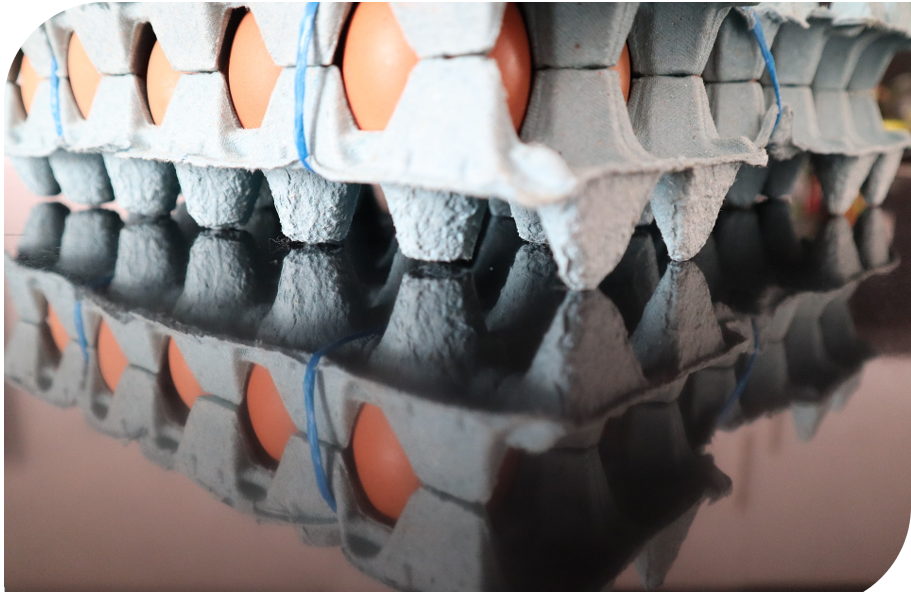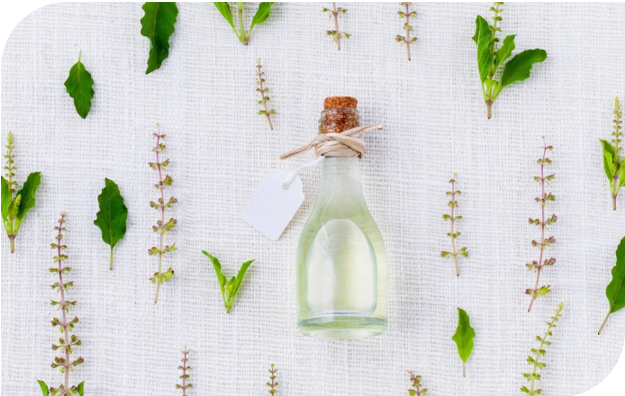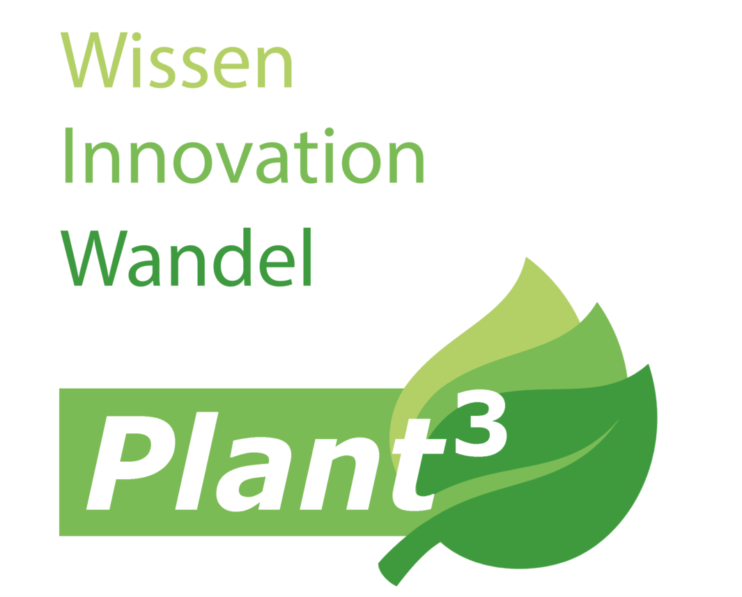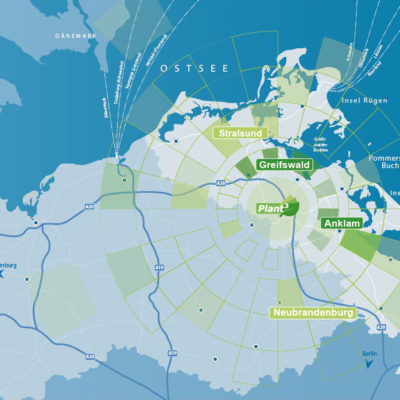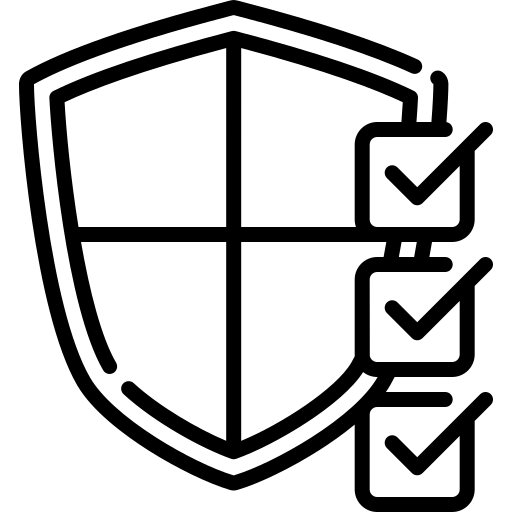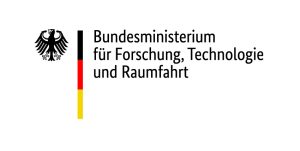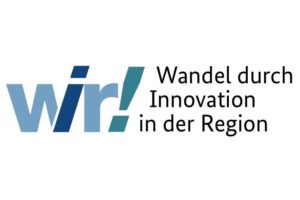We develop innovative strategies for the high-quality refinement of plant-based raw materials originating in LAND, MIRE and SEA. We pursue the aim of developing north-eastern Mecklenburg-Vorpommern into a unique bioeconomy region which can serve as a model for the sustainable transformation of rural areas. Thereby, we contribute to a successful knowledge- and innovation-based structural transformation.
News
OUR MISSION
Our Focus
We focus on four priority areas in which we see high potential for entrepreneurial innovation and regional structural change: 1.) Building Materials, 2.) Food, Food Supplements & Feed, 3.) Bioplastics & Packaging, 4.) Fine Chemicals & Phytopharmaceuticals.
PLANT³ RELIES ON THE STRENGTHS OF THE VORPOMMERN REGION
Behind Plant³ as a bioeconomy region stands an alliance of around 100 partners from business, science, politics and society, initiated by the University of Greifswald, the Wirtschaftsfördergesellschaft Vorpommern mbH (Vorpommern Business Development Corporation( (WFG) and the Wissenschafts- md Technologiepark Nord°Ost° (Science and Technology Park North° East°) (WITENO).
OUR GOAL
We want to increase regional value creation through knowledge (research), innovation (business) and (structural) change while respecting socio-ecological sustainability.
Events
WOULD YOU LIKE TO KNOW MORE ABOUT OUR WORK AND THE PROJECT?
What is Bioeconomy?
"Bioeconomy is a cross-sectoral economic concept based on biogenic resources (agricultural, forestry and marine products), biological processes and biological knowledge. It encompasses all actors, relations and processes of production, processing and further valorisation of biogenic resources as well as related services, research and development activities.
In a narrower sense, bioeconomy aims to increase regional value creation and the sustainability of the economy through the application of knowledge-based, innovative processes. The associated transformation process is realised through at least one of the following pathways:
This definition was developed by a panel of experts within the Plant³ Alliance in an intensive coordination process. Greifswald, July 2020
Project Region
The north-eastern part of Mecklenburg-Vorpommern offers a large number of biomass-producing areas that can be used bioeconomically. The region interlocks agricultural land, peatlands and the coastal waters of the Baltic Sea. The arable land area covers 400,000 hectares, the peatland area covers almost 150,000 hectares, and the coastal length is 2,000 km long (of which 400 km is the outer coast and 1,600 km the Bodden and Haff coast).
n addition to the diversity of resources, an excellent research landscape consisting of universities, universities for applied sciences and non-university research institutions as well as a broad spectrum of companies and start-ups create excellent conditions for regional value creation and economic growth through innovative bioeconomic products, processes and services.
WIR! ALLIANCE
WIR! funding programme
The Plant³ Alliance – Strategies for the High-Quality Refinement of Plant-Based Raw Materials in North-East Germany is funded by the Federal Ministry of Education and Research as part of the WIR! programme – Wandel durch Innovation in der Region. The WIR! projects use innovative approaches in order to drive structural change in their regions. The programme is aimed primarily at regions that are not yet visible centres of innovation. The funding approach is open to all topics and focuses on the local people. In the first round of funding, 20 innovation alliances throughout eastern Germany were selected from over one hundred submissions in a multi-stage selection process. Each WIR! alliance has up to fifteen million euros at its disposal during a five-year implementation phase.


